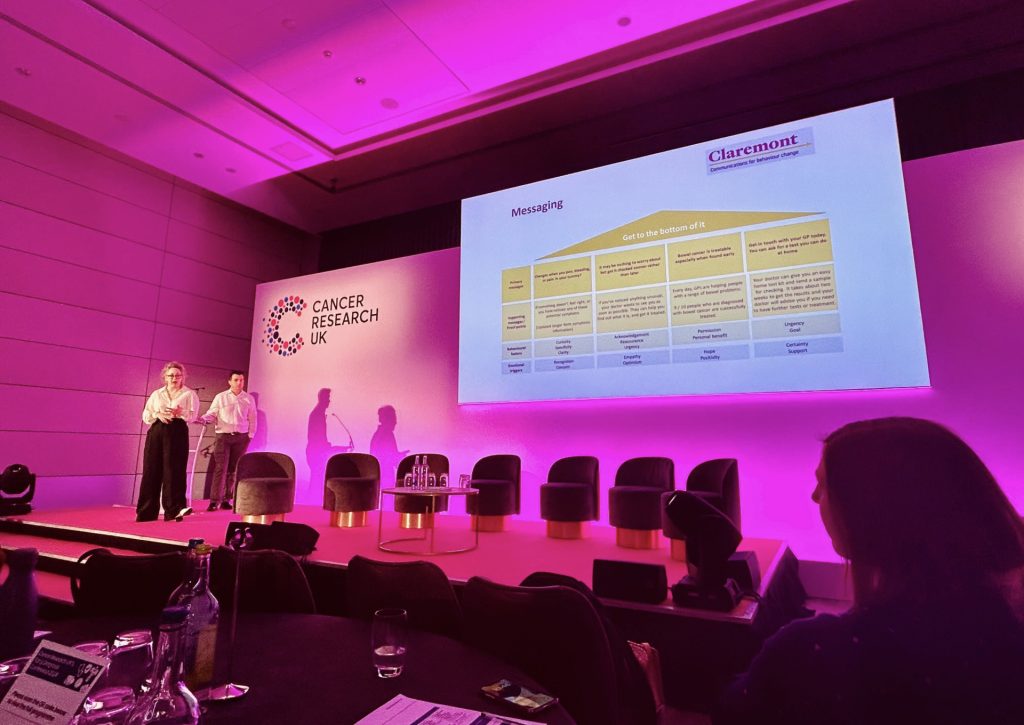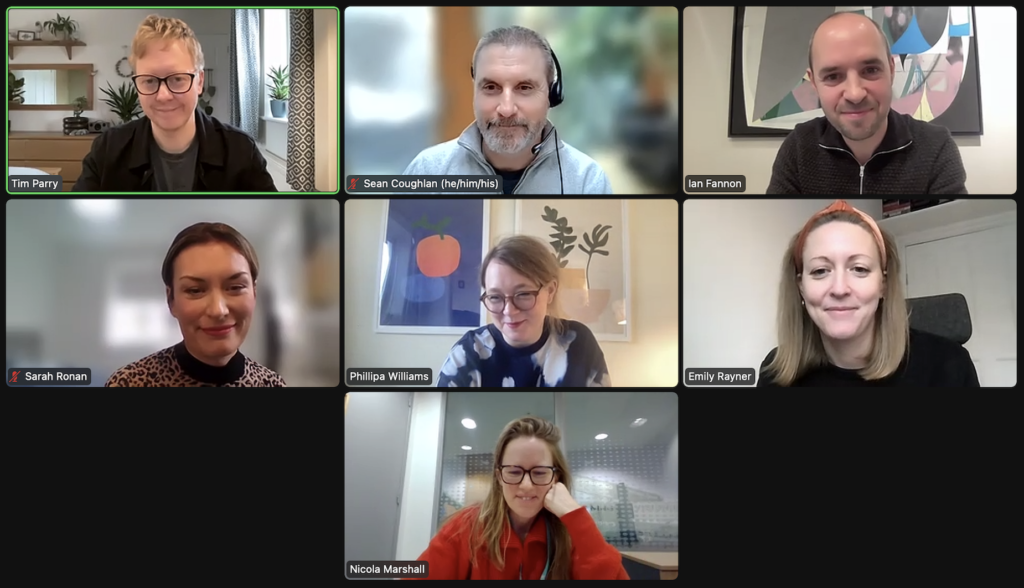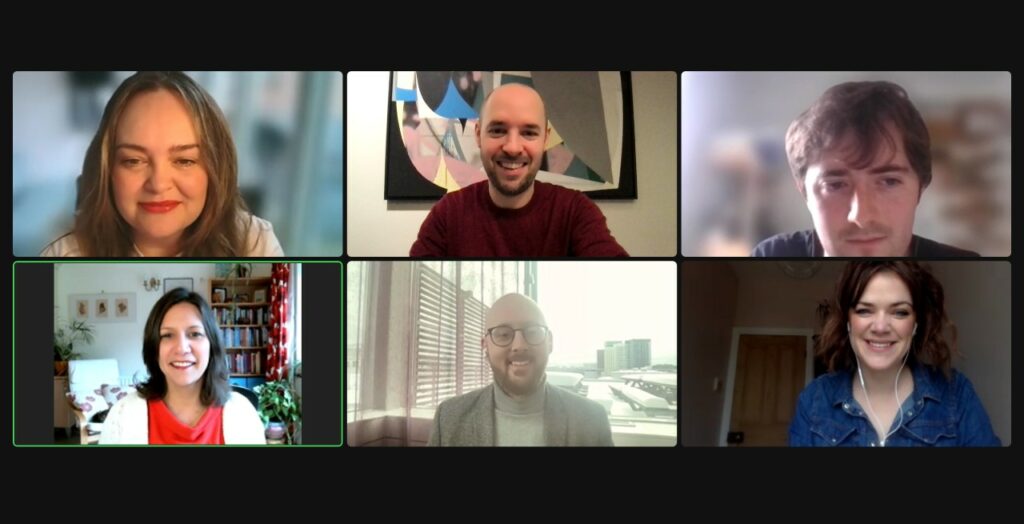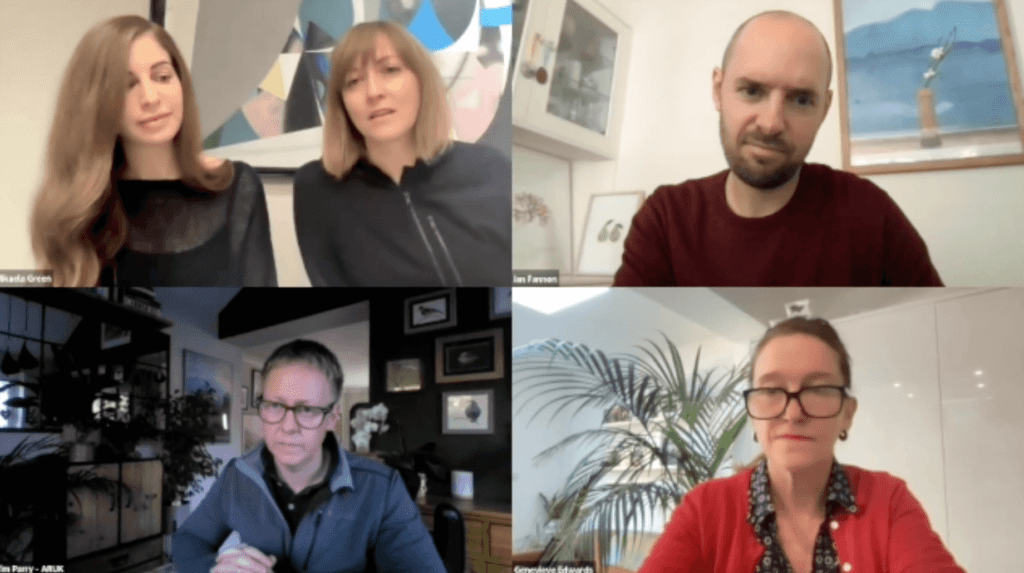Behaviour change briefing webinar: Stop Saying Stop – New Approaches To Safety Campaigning
A big thanks to all our speakers at our latest webinar, which focused on exploring new approaches to safety campaigning, with discussions on motorcycle and water safety initiatives. Our expert…












